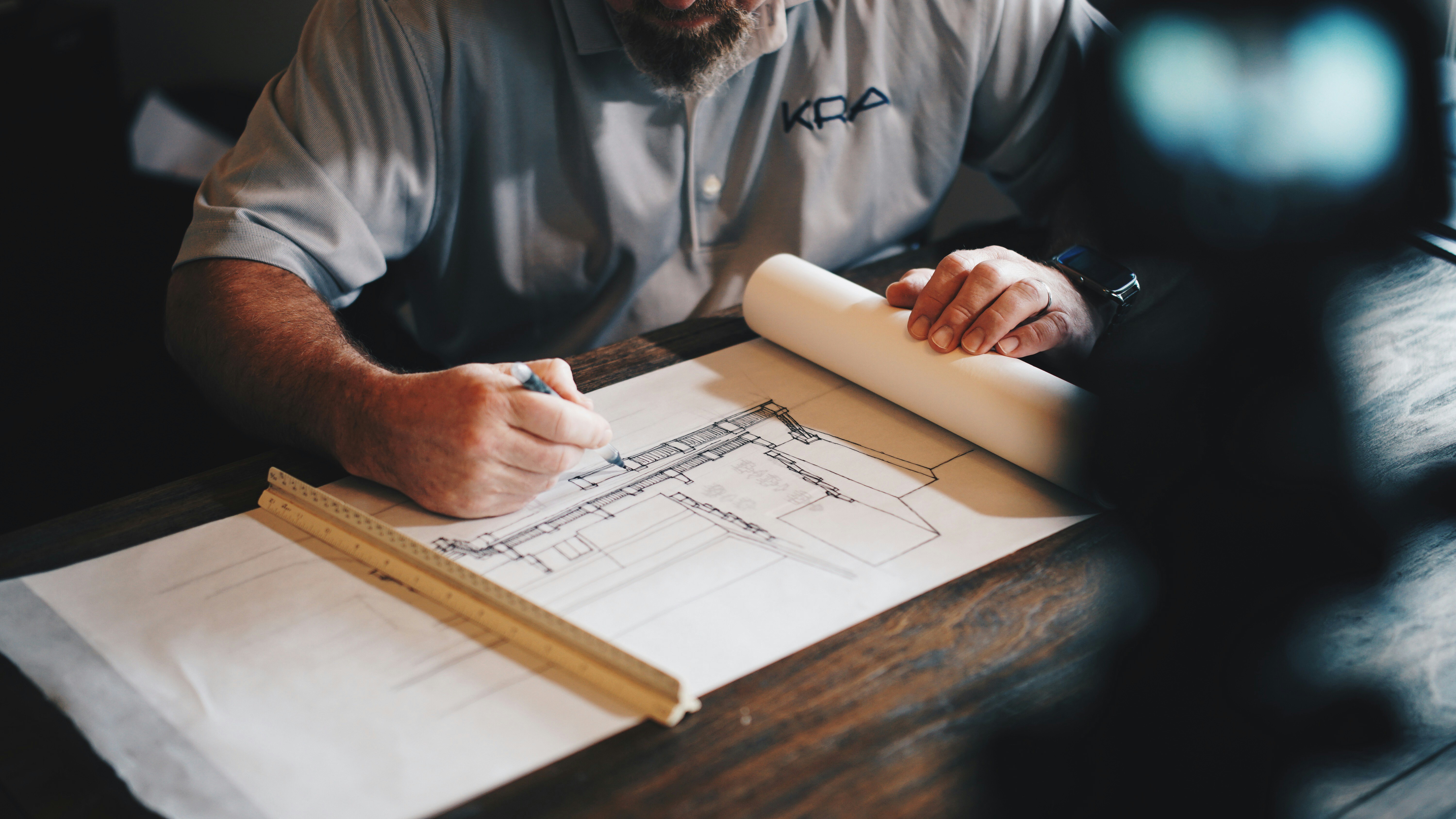Industry-based Transition
Practical, fully funded training programmes tailored to leaders in construction. Learn at your pace. Apply what matters. Get results.

If you’re running or leading a CITB-registered construction business, there’s a high chance you're eligible for fully funded support to grow your people and business. We've designed a simple pathway to help you strengthen leadership, build innovation, improve resilience, and unlock the next level of performance.
Our learning is practical, action-oriented, and built around your challenges. Whether you're trying to grow sustainably, stabilise your cashflow, or scale your team’s capabilities — we’ve got your back.
Challenges We're Tackling
Most industries operate in highly competitive markets and face complex challenges in becoming more future ready.
Our key message is that whether through place-based or industry-based pathways, the goal is to make change easier at every level—individual, organisational, and systemic—using a structured, codified approach that balances thoughtful planning with swift action.
This underscores the drive towards a regenerative economy where the focus is as much on economic and business model innovation as it is on societal and environmental well-being.
Slow adaption and resistance to change
At Regenerative Futures, we believe that systemic innovation isn't bound by geography— it's an expansive force that shapes entire industries.
High failure rate of big projects
Our Industry-Based Systems Innovation (IBSI) rethinks not only how businesses operate but how entire sectors synergise and evolve.
Poor productivity and efficiency
By guiding industries often resistant to change, we facilitate a transition from isolated efficiency to a network of resilience and adaptability.
Our Approach
In most industries, 99.5% of major projects miss anticipated outcomes, deadlines, or budgets. Our CIRRCLE principles and Key Agents of Change drive a 2-Stage Process to optimise success and minimise risk.
Regenerative Futures is reshaping industries locally and globally. Our Industry Based Systems Innovation (IBSI) methodology transcends geographical boundaries, enabling sectors plagued by inertia to pivot towards agility and resilience.
By leveraging interconnected digital strategies and fostering human-centric approaches, we create ecosystems where innovation thrives.

Our Products
We have developed a robust, scalable framework of integrated modular products and services to co-create systems change.
We have developed a robust, scalable framework of integrated modular products and services to co-create systems change.
Mapping
Our Benchmark Assessments for individuals, organisations and cohorts, map out the landscape of change, establishing a baseline for action and spotlighting the critical steps forward.
Assessment
Our Benchmark Assessments for individuals, organisations and cohorts, map out the landscape of change, establishing a baseline for action and spotlighting the critical steps forward.
Academy
Offers training to foster resilience and future-readiness in a rapidly evolving context whilst developing individual, organisational and ecosystem capacity and capability.
Network
Connects leaders and changemakers worldwide to galvanise collaboration and catalyse systems change locally and globally.
Portfolio
Our Portfolio represents a dynamic ecosystem of innovation—where matching projects with commitment leads to ground-breaking outcomes.
Accelerator
A structured process to align, engage, and deliver agreed outcomes, whilst delivering a portfolio of local projects, informing governance, policy, procurement, and becoming investment-ready.
Our Model
Regenerative Futures operates at the intersection of business, policy and finance, supported by citizen action.
Regenerative Futures tailors solutions to local contexts, leveraging a place-based approach for systemic change. Our CIRRCLE framework helps build adaptable economic models, fostering resilience and co-creation among businesses, governments, and communities.
Working with local and regional bodies, we address unique challenges to create a regenerative economy that’s future-ready and community-driven.
Blog
Case studies, articles & reports
Practical, fully funded training programmes tailored to leaders in construction. Learn at your pace. Apply what matters. Get results.
Future Readiness
From Fragile to Future-Ready: What High-Growth Firms Are Doing Differently
CITB
The £10,000 Mistake Most Construction SMEs Are Making Right Now
Business Growth
Why Most Construction Firms Stay Stuck — And How to Break Through

Connect. Collaborate. Construct.
Discover the power of committed collaboration in the construction industry. Join our ITA programme and connect with innovators transforming the built environment. Let's build a future that stands on the foundation of shared knowledge and collective progress.











